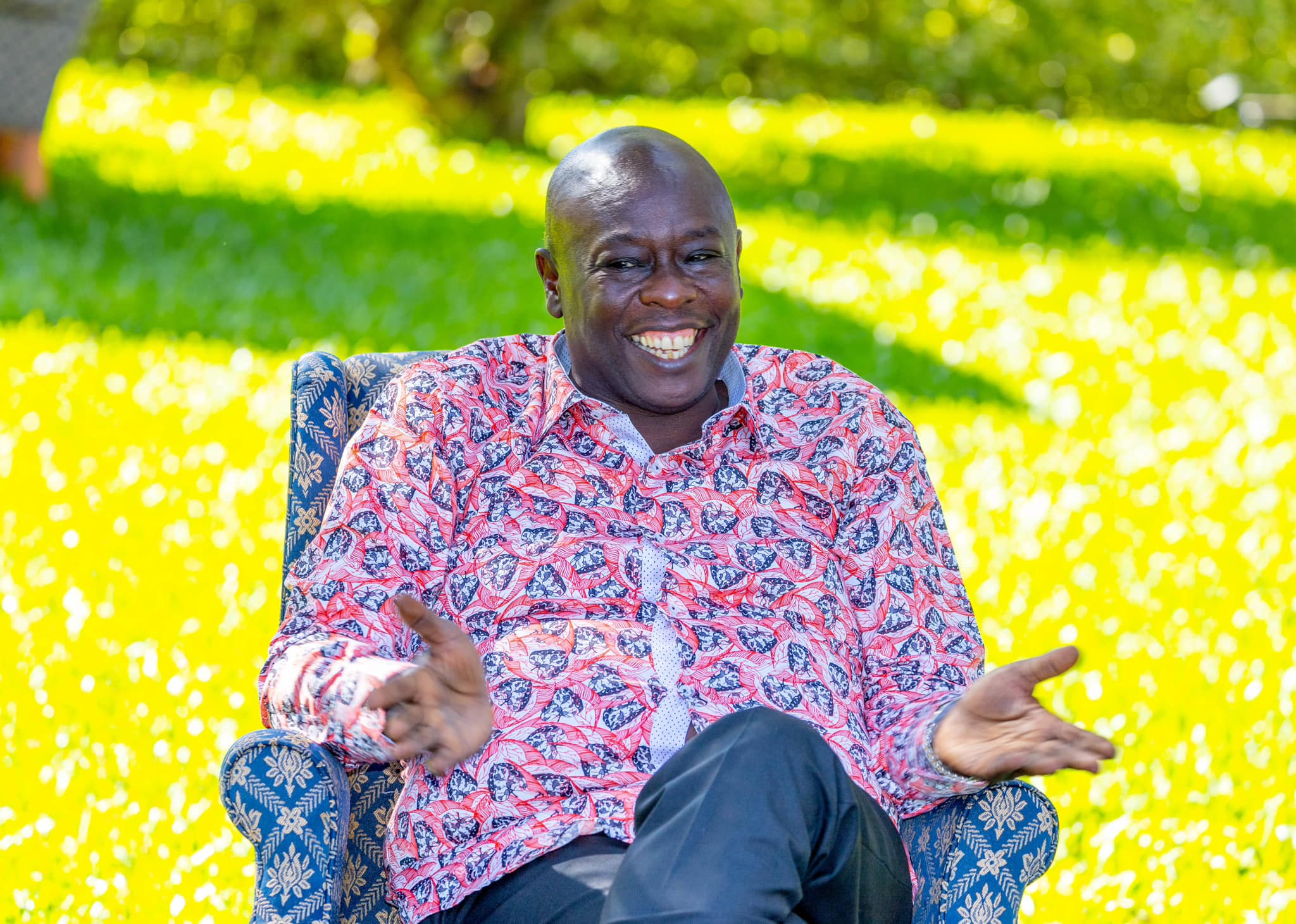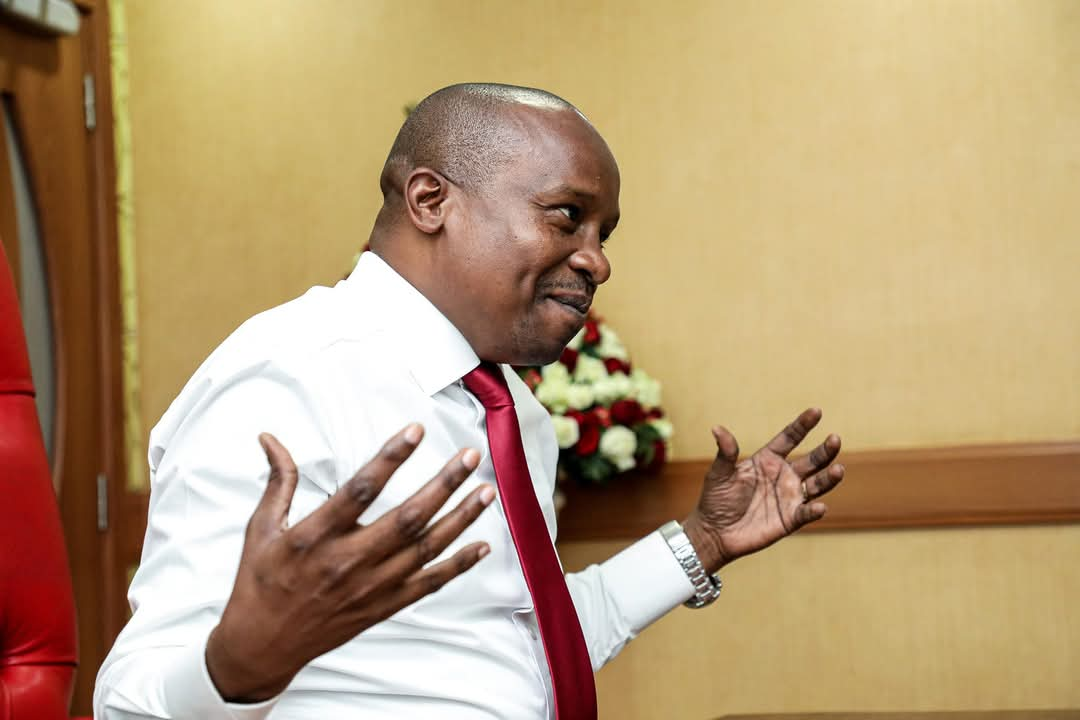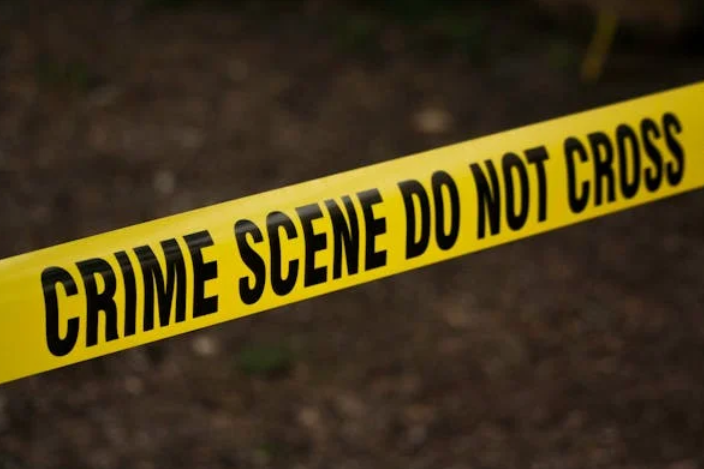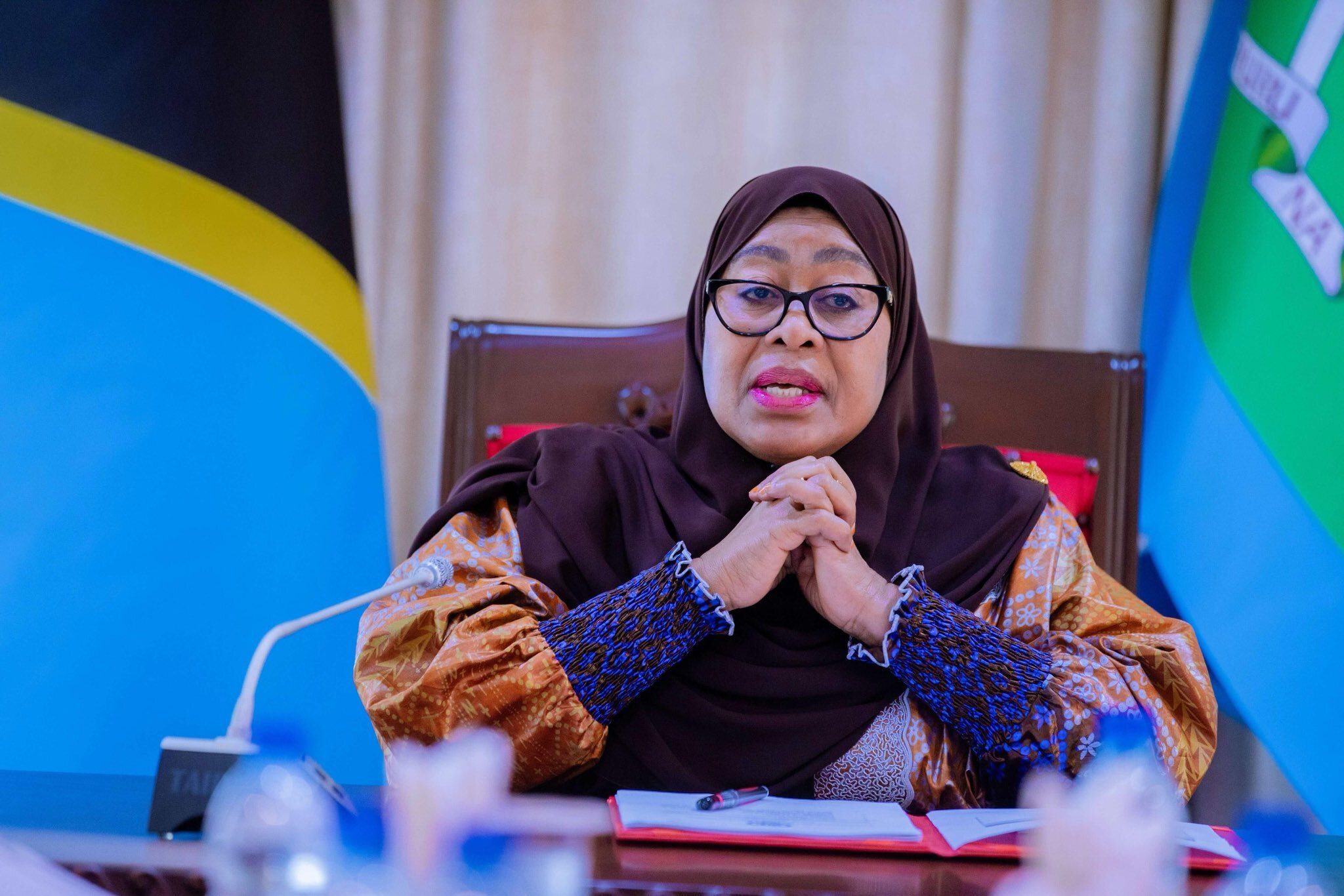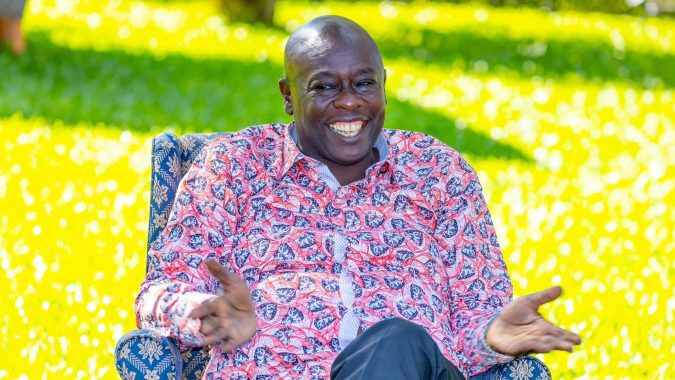Kenya Human Rights Commission hails court ruling against former police IG Koome
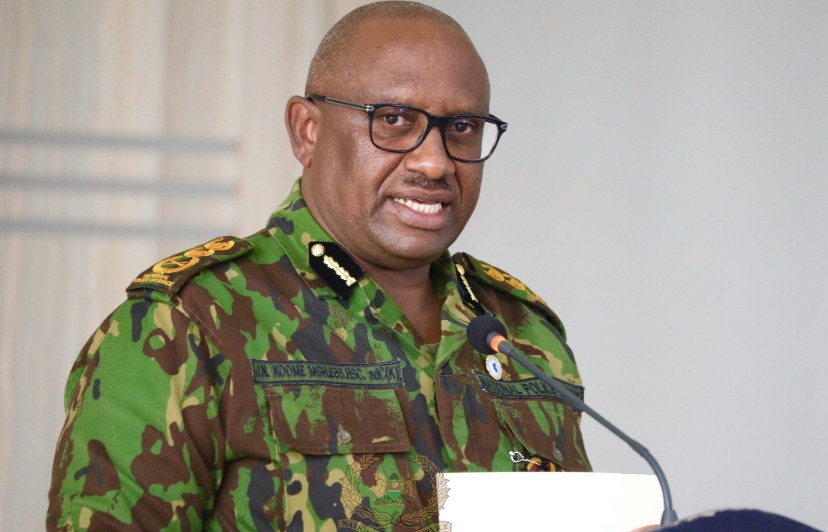
A landmark High Court ruling holding former Inspector General of Police Japhet Koome personally accountable for controversial directives has been hailed by the Kenya Human Rights Commission (KHRC) as a victory for justice and accountability.
In a post on X on Wednesday, January 8, 2025, KHRC stated that the court decision sends a clear message to all public and state officers, emphasizing that they will be held personally accountable for any wrongdoing, regardless of the orders they follow.
KHRC underscored the importance of pushing for accountability at both the leadership and individual levels to prevent the recurrence of such actions.
“This court decision sends a clear message to all public and state officers, that, no matter the orders they follow, they will be personally responsible for any wrongdoing. We must keep pushing for accountability, both for those in command and individuals, to ensure such actions are not repeated,” KHRC posted on X, formerly Twitter.
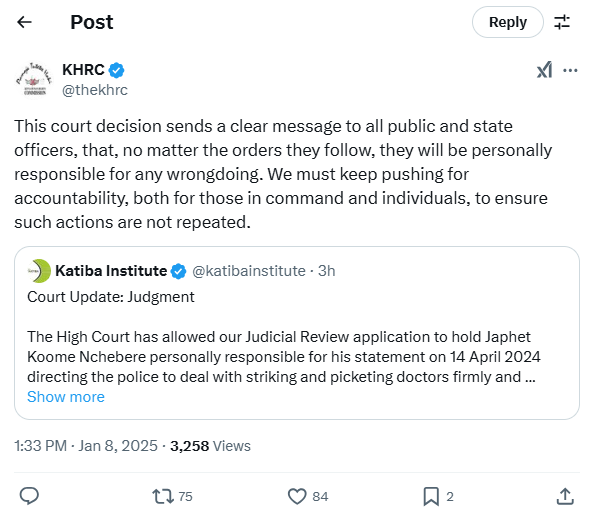
The ruling by Justice Ngaah Jairus on Wednesday marks a significant moment in Kenya’s legal landscape.
The High Court found that Koome bore direct responsibility for directives he issued during his tenure, particularly concerning how police managed protests.
Justice Jairus stated unequivocally that Koome could be held criminally liable for actions committed by officers under his command.
The court referenced a specific incident involving a 2024 protest organized by the Kenya Medical Practitioners, Pharmacists and Dentists Union (KMPDU).
During this peaceful demonstration, KMPDU Secretary General Davji Atellah suffered serious injuries when police acted on Koome’s orders to suppress the protests firmly and decisively.
A coalition of human rights organizations, including the Katiba Institute, Transparency International Kenya, ICJ Kenya, MUHURI among others filed the petition challenging Koome’s conduct.
The groups argued that Koome’s orders were not only unconstitutional but also put lives at risk.
Koome ultimately resigned on July 12, 2024, after the bloody Gen Z-led protests and President William Ruto picked the incumbent Douglas Kanja to replace him.
By establishing that the Inspector General can be sued for actions stemming from their directives, the judgment has opened a path for victims of police brutality to seek redress.
For KHRC and other advocacy groups, the decision is a step toward dismantling the culture of impunity that has long plagued law enforcement in Kenya.
While Koome’s legal team has yet to indicate whether they will appeal, the broader implications of the ruling are already resonating.
Observers say it sends a powerful message to current and future public officials.
Author
Martin Oduor
The alchemist of literary works - a master wordsmith with a proven record of transforming the raw materials of language into a rich tapestry of emotion, thought, and imagination.
View all posts by Martin Oduor


